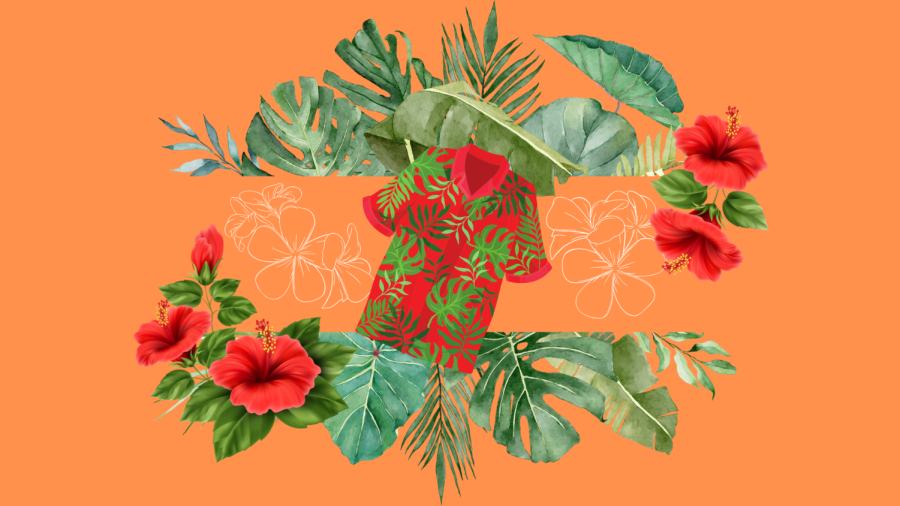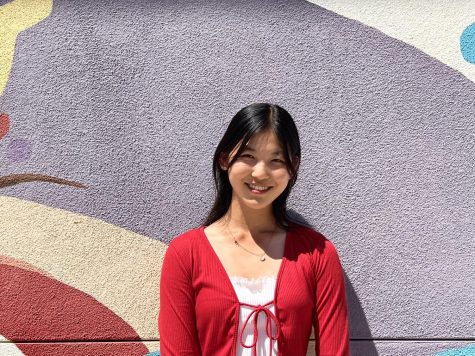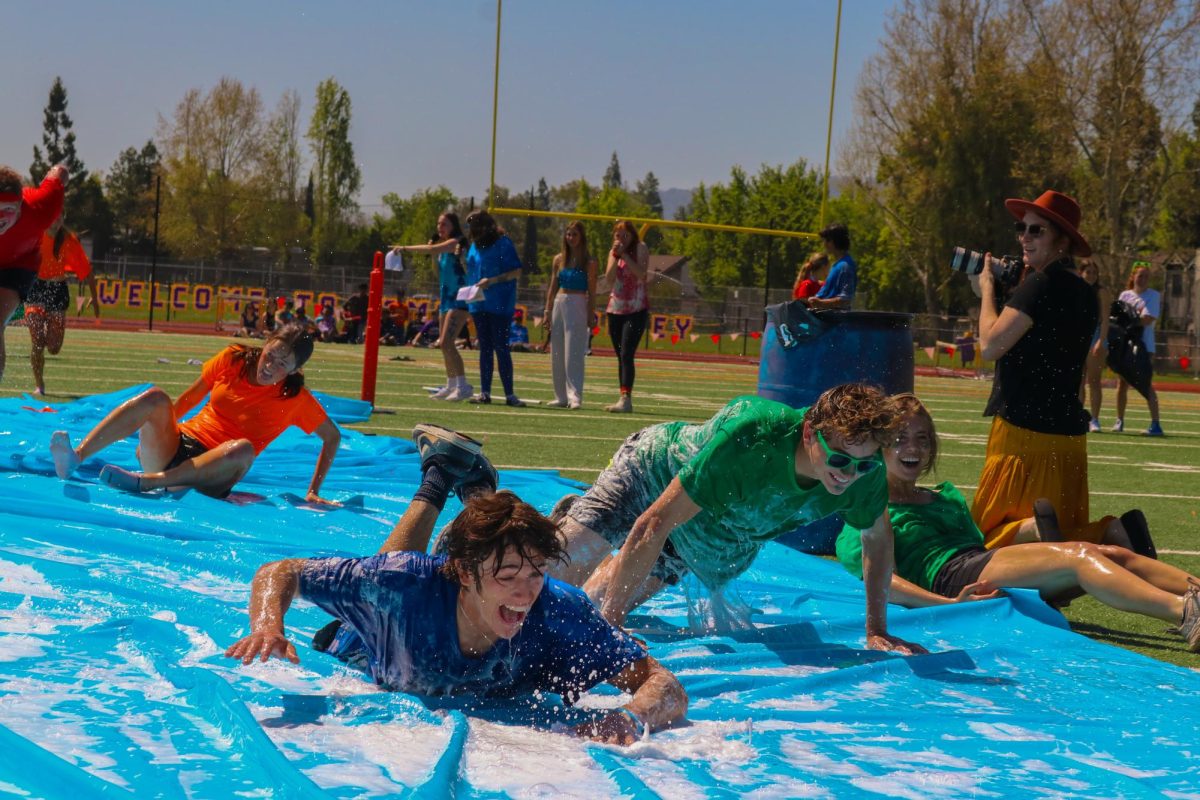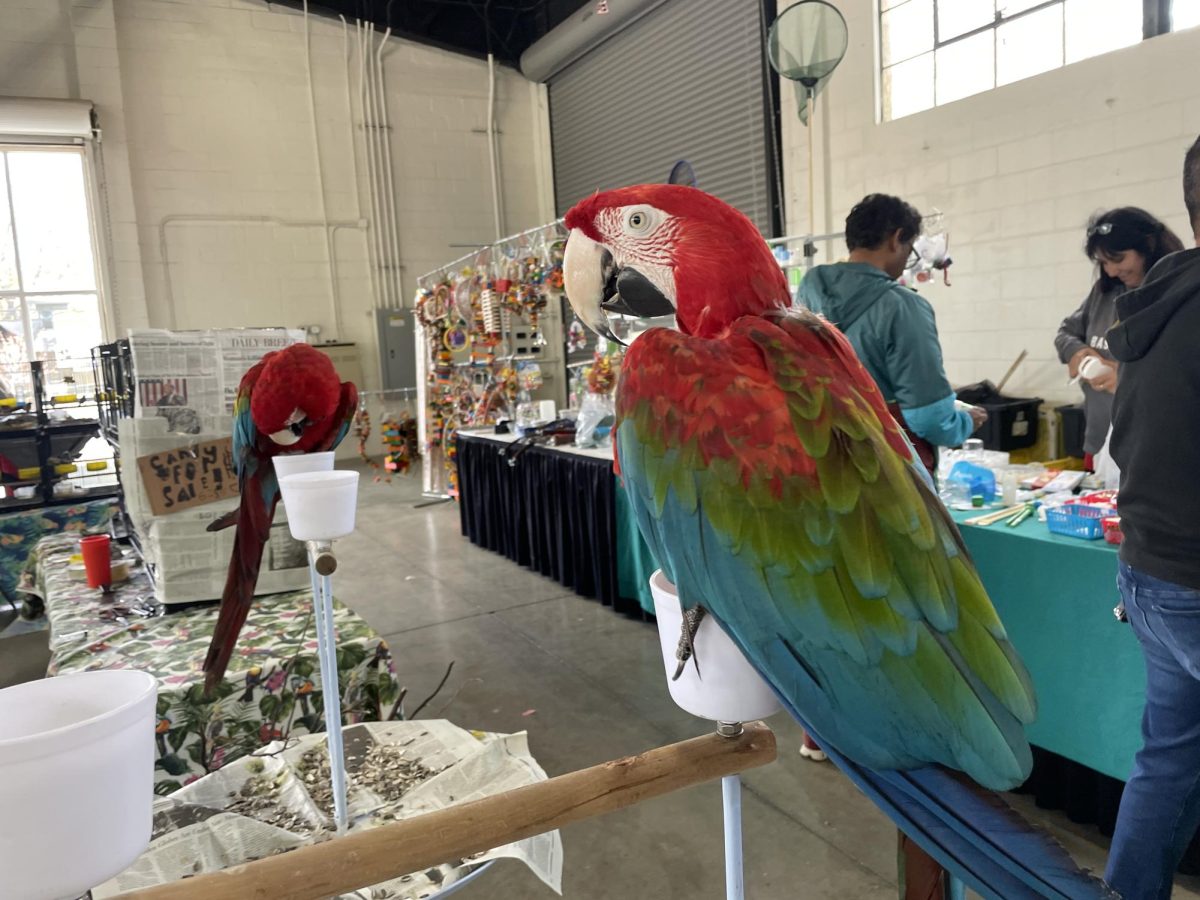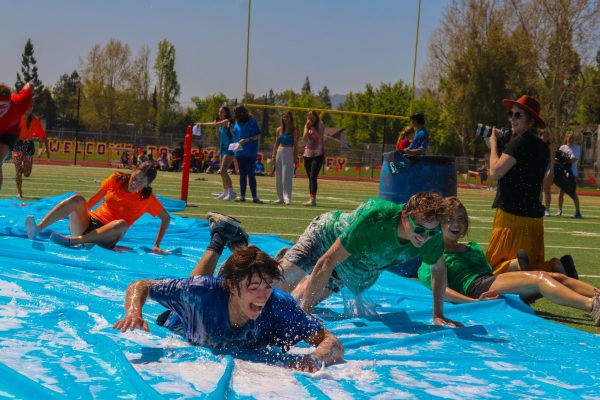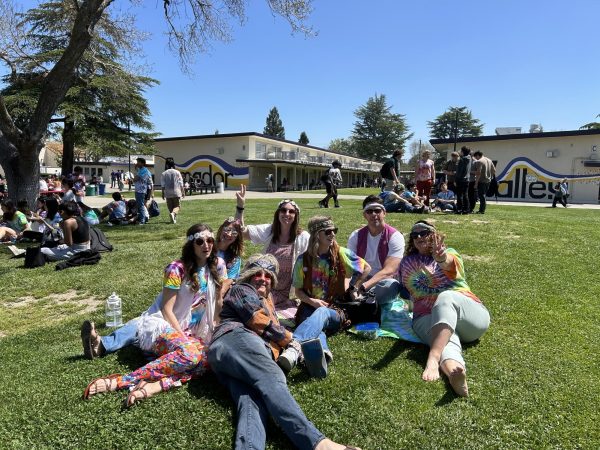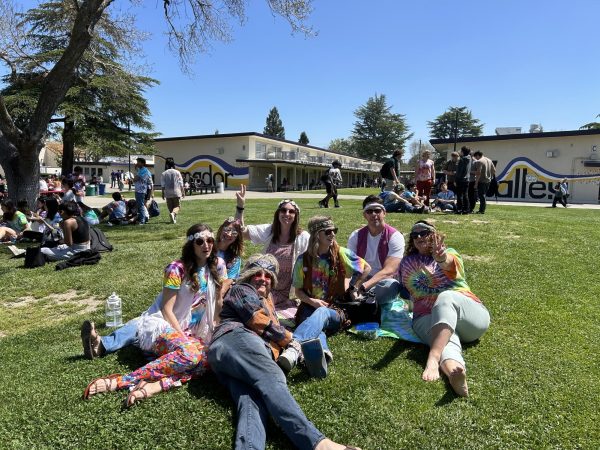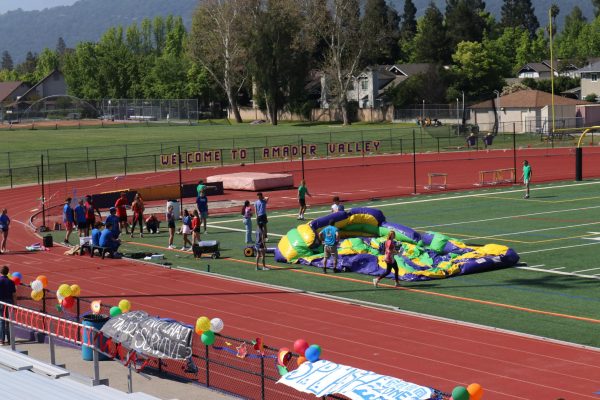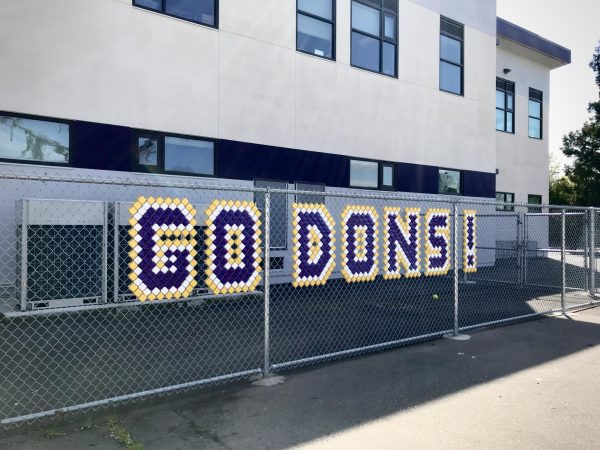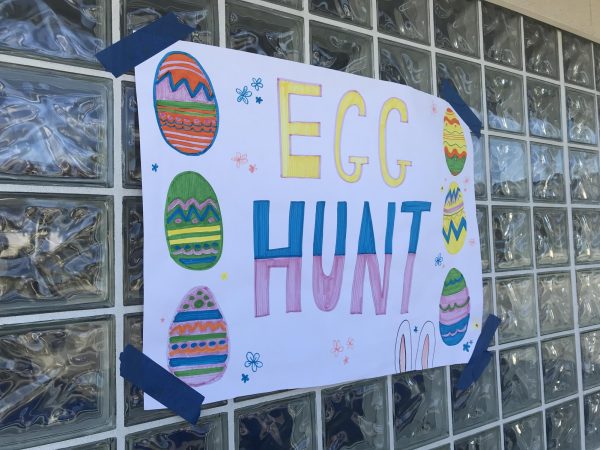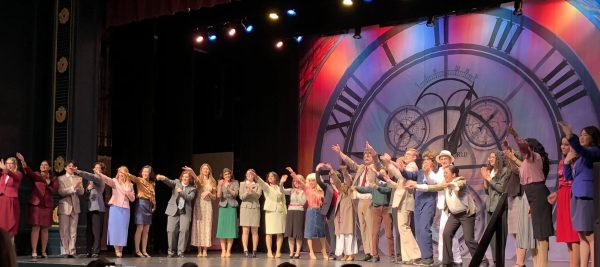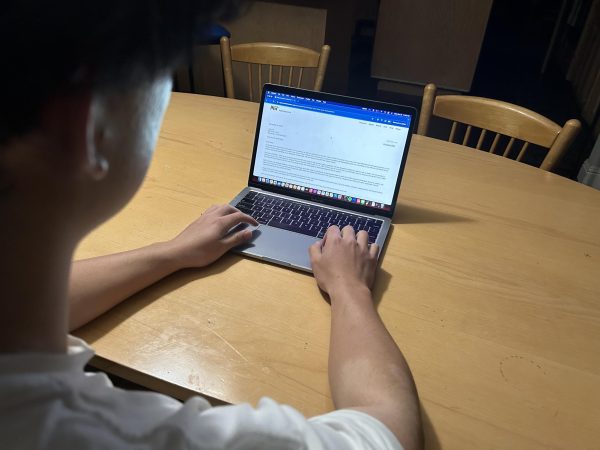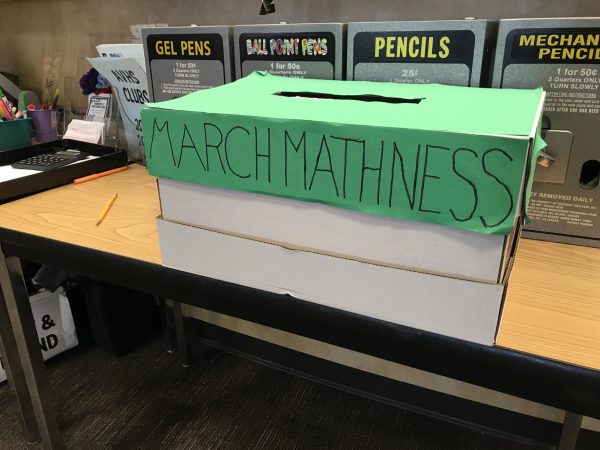Annual Aloha Dance canceled this year
Leadership points to rise in drugs, student suspensions as primary reason
Students interviewed recalled witnessing the exchange of drugs and violence at the Aloha Dance and its afterparties.
September 2, 2022
*name changed to protect identity and anonymity
As of 2022, Amador’s annual Aloha Dance has been canceled. Once a fun event held at the end of Aloha spirit week, the dance became a serious administrative concern for illegal student activity.
In the past, the dance, a long-time tradition, celebrated the beginning of the school year. Now, it has become infamous for being susceptible to drugs and drinking among students, the one major reason why the dance was discontinued.
“We did not put on the Aloha Dance this year because it is the source of the most suspensions and referrals throughout the entire school year,” ASB president Sara Vannoni (‘23) told Amador Valley Today in a statement. “The dance also takes away from the football game, and because we have so few home games this year, we wanted to prioritize making them enjoyable rather than an entire other activity.”
Alum Evan Kent (‘22) recalls that the Aloha Dance tended to have a “more wild” energy and informal dress code compared to other school dances, and was often followed up by afterparties, where students often slipped in drugs and alcohol.
“I was definitely exposed to a lot more illegal stuff than I thought high schoolers would do. I heard stories about violence… I think during my year someone had to get carted off to the hospital because they had consumed too much alcohol,” said Kent.
Robert Smith (‘23)* noticed the Aloha Dance was “less formal” compared to other higher profile events like prom and homecoming. Smith recalled attending “weird” afterparties and non-school events during the same day.
“I don’t really remember them [afterparties], that should tell you enough about it,” Smith said.
Aside from implications of illegal activity, Smith remembered witnessing violence at the dances, parties, and events occuring during the night of the Aloha Dance.
“There was definitely some violence… I saw, like, all these girls jumping on guys… it was weird,” he said.
While the ending of the long school tradition disappointed the ASB leadership class, they hope to prioritize and improve upcoming events in the school year for the student body to enjoy.
“We are grateful that we will have more time and energy that can be put towards Pigskin and athletic activities,” Vannoni said.

